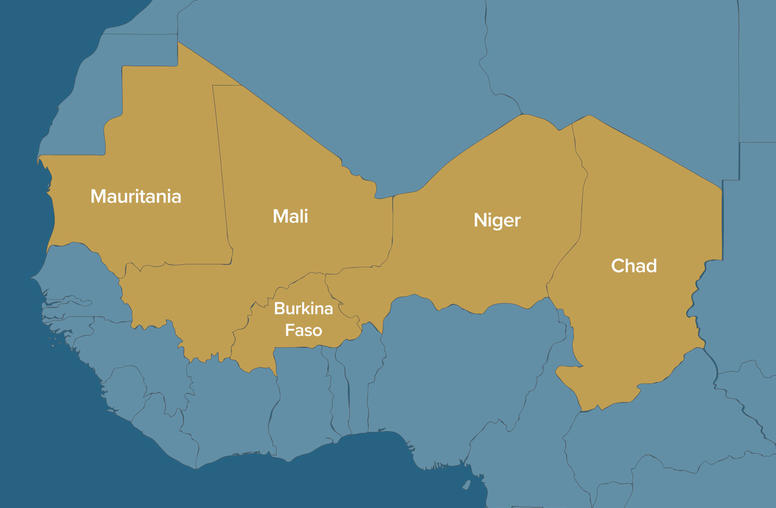 Violent Extremism
Violent Extremism
Extremist movements — such as ISIS, Boko Haram, the Taliban and al-Shabab — fuel, and often stem from, instability and violent conflict and present a complex challenge. The U.S. Institute of Peace works to understand the underlying causes of violent extremism and helps develop localized and viable solutions by providing research, training and expertise to practitioners and policymakers. From examining the critical role of women in combating violent extremism in Afghanistan to exploring the dynamics of radicalization in Kosovo, USIP seeks to reduce this ever-shifting threat.
Learn more in our fact sheet on USIP’s Work on Violent Extremism.
Featured Publications

Iraq’s Lingering ISIS Challenge and the Role of Dialogue in Return and Reintegration
With conflicts raging in Gaza, Lebanon, Ukraine and Sudan, concerns related to the extremist group ISIS may seem overtaken by these other conflicts. After all, Iraq declared the group’s military defeat in 2017 after the territory held by the extremists was retaken by Iraqi government forces in partnership with the United States. Yet just over a month ago, U.S. and Iraqi forces conducted a joint military raid against the group, killing nine senior ISIS leaders who were hiding in the rugged Hamrin Mountains in northern Iraq. This raid comes off the heels of the UK’s domestic intelligence chief stating that the group is positioning itself as a resurgent threat. Indeed, ISIS has conducted over 150 attacks so far this year in Iraq and Syria, more than those claimed by the group in 2023.

Why Early Warnings Are Critical for Climate Action and Conflict Prevention
Amid a changing climate, understanding the interplay between extreme environmental events and conflict is only growing more important. Droughts, floods and other natural disasters can exacerbate socioeconomic vulnerabilities, highlight weaknesses in governance, disrupt livelihoods and increase perceptions of marginalization.

Amid Central Asia’s Struggle with Extremism, Uzbekistan Promotes Pluralism
An Islamic State affiliate’s recent terror attacks in Russia, Iran and Afghanistan rang alarm bells in Central Asian capitals. Almost all the perpetrators of ISIS-Khorasan’s (ISIS-K) attacks were citizens of Central Asia, rekindling considerable concern over the threat of homegrown violent extremism in the region.
Current Projects

Border Security Training Program
USIP’s Border Security Training Program trains police officers from Kenya’s Border Police Unit and General Service Unit who serve along the Kenya-Somalia border. The program increases the capacity of Kenyan police to manage conflicts nonviolently and to effectively partner with communities along the Kenya-Somalia border in order to more effectively interdict terrorist suspects and reduce justice-related drivers of violent extremism in Northeast Kenya.

Senior Study Group on Counterterrorism in Afghanistan and Pakistan
In 2022, the U.S. Institute of Peace convened a senior study group to examine the evolving threat landscape and counterterrorism challenges in South Asia. The bipartisan study group brought together experts of counterterrorism strategy, diplomacy, intelligence and South Asia to assess terrorism risks from Afghanistan and Pakistan and put forth policy options for future counterterrorism efforts in the region.

Bipartisan Senior Study Group for the Sahel
In May 2021, USIP created the Bipartisan Senior Study Group for the Sahel comprised of 12 current and former high-level U.S. officials, renowned academics and prominent Africa experts. The senior study group aims to generate new insights into the complex challenges facing the Sahel region, including food security, human rights, security assistance, private sector development and job creation — as well as great power competition. The senior study group will provide original recommendations to the U.S. government and governments in the Sahel region to improve foreign assistance, resolve conflict and support lasting peace.